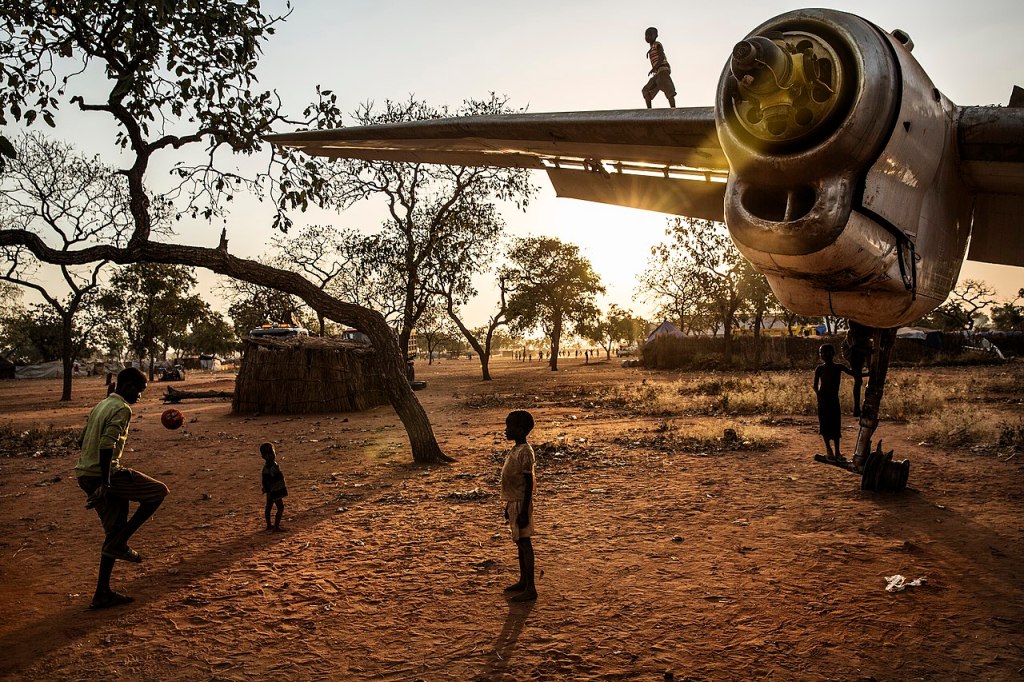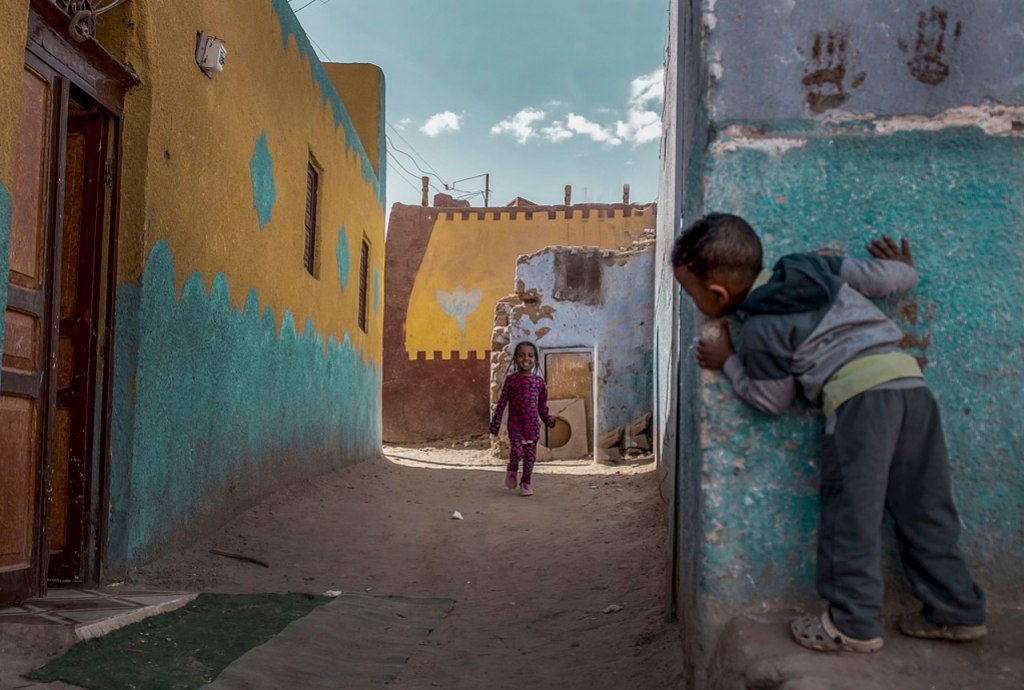
Earlier this year Wikimedia Commons hosted the annual Wiki Loves Africa photo contest. This contest, hosted yearly since 2014, seeks to “visually celebrate the richness, diversity, and beauty of Africa”. Each year the contest asks photographers to focus around a theme. This year it was “Play!”. The contest resulted in 8,879 image uploads to Commons. A panel of photographic experts from around the world reviewed the submissions and picked their top five.
Wikimedia Space reached out to the first place winner, Marco Gualazzini to ask him a few questions on his experiences as a photographer, his thoughts about the contest, and sharing his work freely with the world.
1. Tell us a little about yourself. Who are you, where are you from?
I’m an Italian photojournalist. I’ve been working as a photographer for the last 15 yeas and I’ve been covering Africa extensively for the last ten years. I’m focusing my work especially on humanitarian crisis and conflicts.
2. What is one item every photographer should have with them?
Of course the camera, but metaphorically speaking, the patience. When you’re not in the studio but in the field nothing is scheduled and under your control, so what you have to do is to be ready to wait for the right light, the right moment.
3. How did you find out about the Wiki Loves Africa contest?
Wiki Loves Africa, even if is a pretty new contest, is getting famous. As a photographer part of my job is find out about contests and or grants related to my work, and since I’m covering Africa I found out quite easily.
4. What went into taking the winning photo? How much was preparation
and how much was being in the right place at the right time?
Getting into South Kordofan took me a very long logistic preparation. My Italian colleague and I were in the field more than three weeks at this point. It’s was not easy, there’s a shortage of food and water. People are living in a very tough situation. Before going back home we stayed a couple of days at the Yida refugee camp in order to get the humanitarian flight to fly back to Juba. There is an airstrip there. One day I saw those children who were playing so I decided to shoot some pictures. I sat down and I waited in order to give them the time to get used to me being there, and after a while they got used to me being there, so I shot the picture.
5. Do you have any favourite images from the contest (besides your
own!)? Why do you like them?
I love the one by Summer Farag that won the second prize. I love it because the innocence of these two children while they are playing is so sweet, and of course I love the composition and the colors.
6. Sharing your photos with the world under a free license is unique. What do you hope to achieve by freely licensing your work?
On one hand I’m a pro-photographer, and in order to survive I must sell the pictures that I produce. On the other hand this picture was already published. I think I found, with the chance to pitch this picture to Wiki Loves Africa, the right balance between marketing considerations and the necessity to keep alive the importance to share this picture with other people so that the drama of the Nuba people won’t be forgotten.
7. What advice do you have for other photographers interested in sharing their photos on Commons?
With the web, Facebook, Instagram – everyday we are sharing our photos – even if we don’t realize it. On Commons – when we are aware – why don’t we do it with a more deep consciousness and share our picture on platforms that deserve it?
You can find more of Mr. Gualazzini’s photographs on his personal site. You can learn more about Wiki Loves Africa on Commons and see the rest of the winning photographs from 2019 and past years.

Can you help us translate this article?
In order for this article to reach as many people as possible we would like your help. Can you translate this article to get the message out?
Start translation
